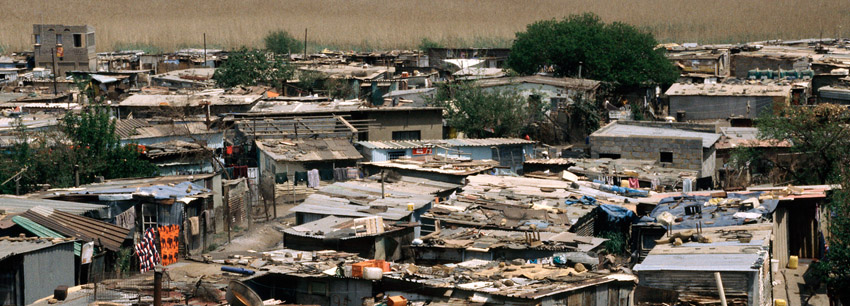
Many countries in Africa depend on agriculture as the main economic activity, with over 80 per cent of the rural populations tilling the land for a living.
However, the sector is poorly financed across several countries, rendering most of the rural masses incapable of having even two meals a day. Twelve years ago, at the second Ordinary Assembly of the African Union in Maputo, Mozambique, the session of Heads of State and Government in 2003 adopted the ‘Maputo Declaration on Agriculture’, with a commitment to allocate 10 per cent of the individual states ‘national budgetary resources to agriculture development and rural development policy implementation’.
But unfortunately, to date there is no indicator the sector has received or benefitted from the necessary boost, because the continent is still the biggest recipient of food aid, even as it has the most virgin soils that are capable of producing adequate quantities of food.
There are several challenges the people in the rural areas encounter, including having little or no food, making forays into the agriculture production sector non-conducive for the rural folk and this has led some youthful and energetic people to resort to rural-to-urban migration, to fend for an ‘easier living’. However, since we are a developing continent, this is a development governments in Africa must find a way of reversing before the situation determines otherwise.
In Uganda in particular, there are reports that young men are selling off land in the rural areas to come to Kampala and engage in the commercial motorcycle business, commonly referred to as boda boda riding. This is unacceptable, as in most cases such ventures have proven less sustainable in comparison to agriculture. Further afield in agriculture, there is also need for scrutiny and increased financing of the fish and livestock industries, to pave the way for production for individual countries’ export potentiality and improved household dietary conditions of the citizenry. It is the energy derived from these interventions that will in turn lead to increased agricultural production and individual household and national incomes.
‘A healthy nation is a wealthy nation’, so the adage goes.





